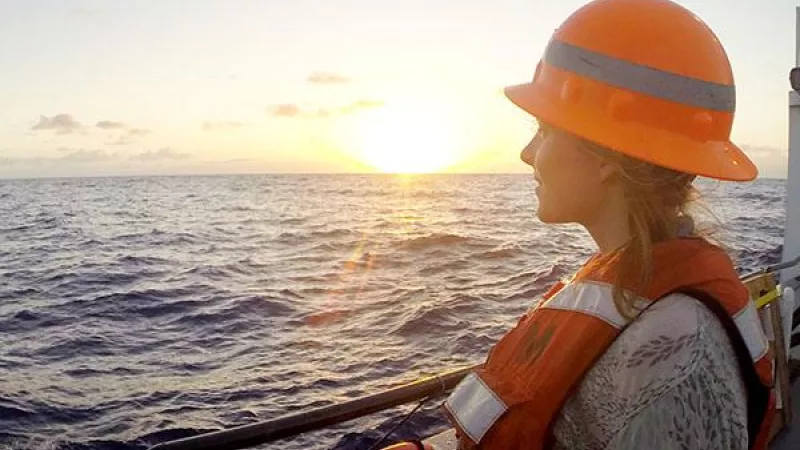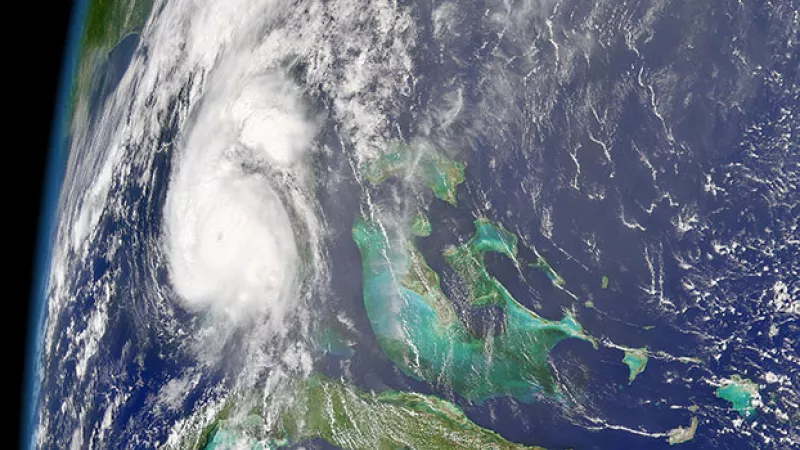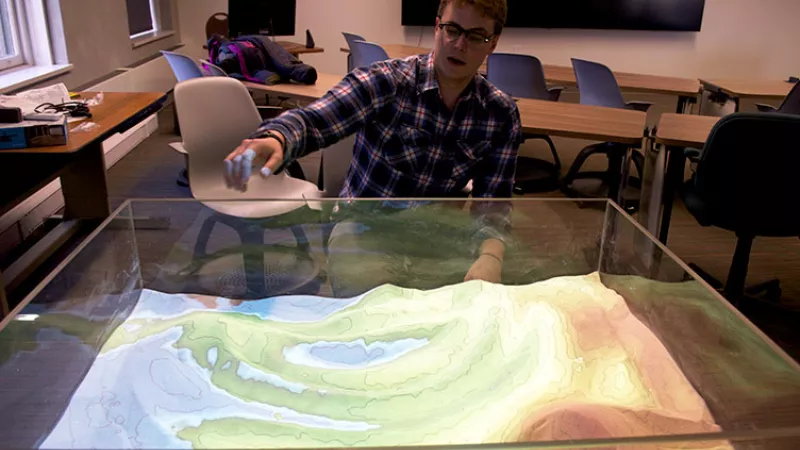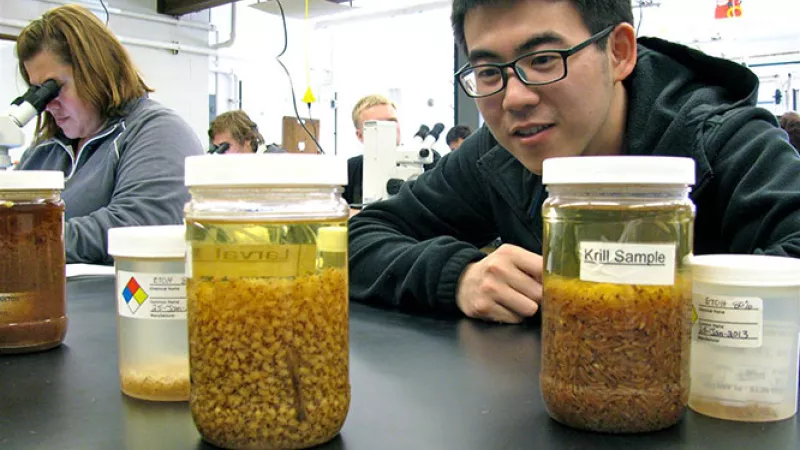Please review the information about our graduate programs at the bottom of this page. If you still have questions, send an email to gradadvisor or contact Lori Hartline, Graduate Program Assistant at 541-737-5188.
Graduate Applications Are Due December 15th
Graduate Applications are due December 15th, this includes all references and transcripts. Please read about the available graduate majors, below, prior to applying.
Make your science matter.
As a graduate student in the College of Earth, Ocean, and Atmospheric Sciences at Oregon State, you have access to one of the most comprehensive Earth and environmental sciences programs in the country. Our low student-to-advisor ratio, collaborative environment, world-class faculty and emphasis on experiential learning will help support your success as a professional and a person. Join a learning and research environment committed to discovering solutions that support healthy ecosystems and societies.
CEOAS drops GRE requirement
Read more about CEOAS no longer requiring the Graduate Record Examination (GRE) test for admission into its graduate programs.
Grad School 101
CEOAS wants to break down barriers to accessing graduate education. Here’s our “Grad School 101” to help make it digestible to you.

Oceanography
Focus areas include:
- Physical oceanography
- Coastal and nearshore science
- Ocean Ecology and Biogeochemistry
- Marine geology and Paleoceanography
Degrees: Ocean, Earth, and Atmospheric Sciences, M.S., Ph.D.

Atmospheric Sciences
Focus areas include:
- Climate modeling
- Air-sea interactions
- Atmospheric dynamics
- Paleoclimate
Degrees: Ocean, Earth, and Atmospheric Sciences, M.S., Ph.D.

Geology and Geophysics
Focus areas include:
- Volcanology
- Igneous petrology
- Geomorphology
- Glacial geology
- Paleoclimate
- Marine geology
Degrees: Geology, M.S., Ph.D.; Ocean, Earth, and Atmospheric Sciences, M.S., Ph.D.

Geography and Geospatial Science
Focus areas include:
- Geospatial analysis and modeling
- Earth system science
- Global change risk and resilience

Marine Resource Management
Focus areas include:
- Resilient communities & coasts
- Sustainable fisheries & aquaculture
- Healthy ecosystems & people
- Emerging solutions & technologies
- Climate-ready conservation, planning & restoration
- Public engagement & education
Degree: Marine Resource Management, M.S.
